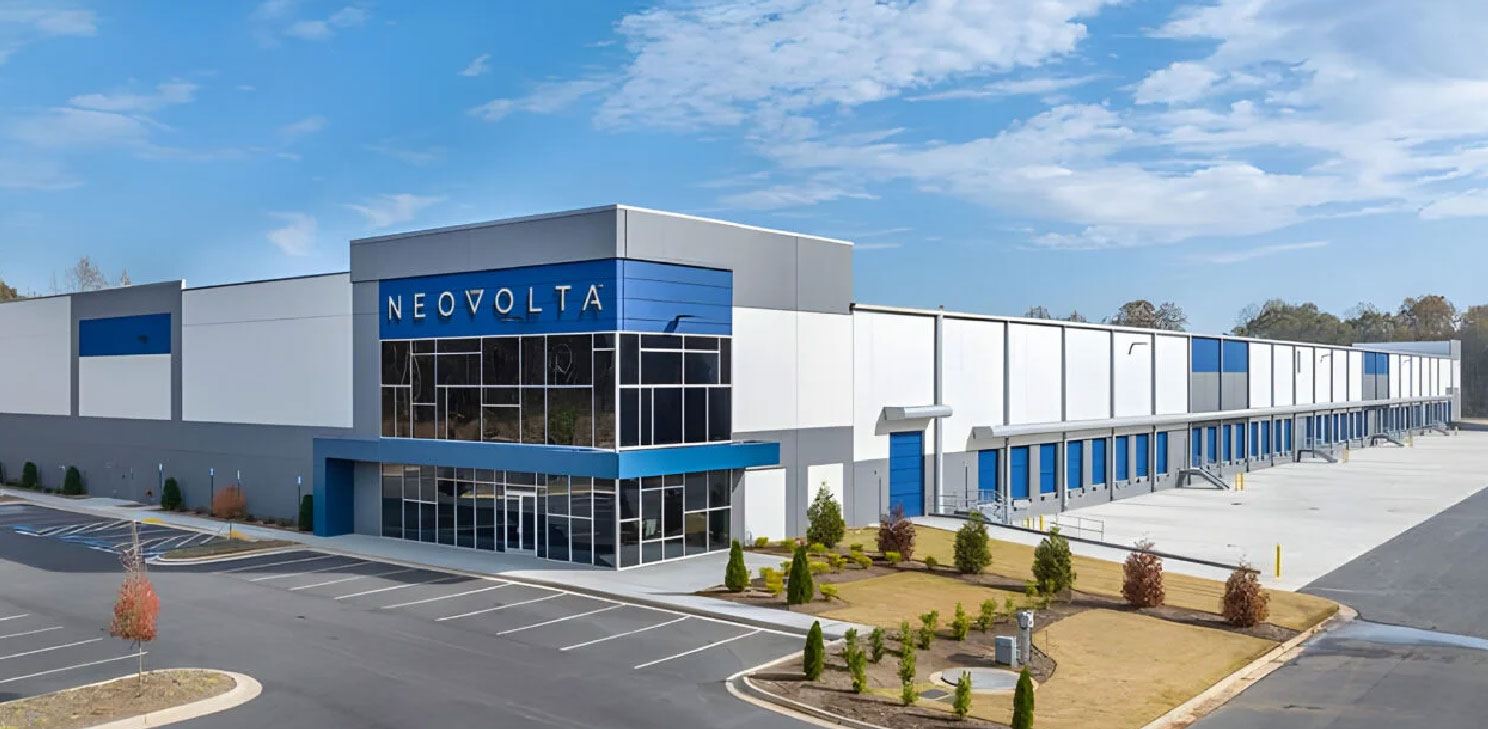General Motors Co. is in discussions to buy electric vehicle batteries that would use technology from China’s Contemporary Amperex Technology Co. (CATL) and be assembled at a new plant slated to be built in the US, according to people familiar with the matter.
According to the new report, however, the factory would be financed and operated by TDK. The potential deal with GM via technology licence is similar to CATL’s deals with Ford and Tesla. TDK is a Japanese company that manufactures components for consumer electronics. The information on the involvement of the new company was provided by unnamed insiders, however, and GM is said to not be interested in an equity stake in the venture.
GM was asked by Bloomberg on the subject, and responded with a rather generic “Our EV strategy is focused on designing products that continue to lower cost, improve performance and localize production. Battery technology is a key enabler of that strategy,” refusing to further comment on “speculation.” TDK and CATL representatives declined to comment outright.
The advantage of setting up a contract in this way, would be that General Motors would be protected from battery price fluctuation as it would purchase LFP cells from the TDK plant at a fixed price over the life of a long-term contract. The move would also allow GM to adapt to market demands, as well as political support more flexibly. GM’s shares rose 3.8% at 1:01 p.m. in New York. TDK’s US depositary receipts gained 3.3%.
The Democratic Party is expected to continue to financially support the establishment of an EV value and supply chain in North America, while Republican candidate and former president Donald Trump recently called the subsidies into question.
Because carmakers would buy the batteries instead of build them, TDK would bear the cost of any financial penalties if the cells use components that don’t comply with the IRA, which seeks to carve China out of the US EV supply chain, the people said.
The approach represents a more cost efficient path for incumbent automakers, which have been hemorrhaging money trying to build batteries and EVs at scale. At the same time, it would present a fresh challenge for the United Auto Workers union, which conducted a rancorous six-week strike last fall to guarantee jobs for its members at future joint-venture battery plants.
Should the deal go through, this would entail TDK’s first foray into the field of electric vehicle batteries, expanding beyond its consumer electronic business. According to the Bloomberg report, “In 2022, TDK and CATL won regulatory approval to pursue battery joint ventures together.”
To find out more about the latest gigafactory updates and innovations, meet with solution providers and hear talks from industry leaders, attend the Innovatrix 2nd Battery Gigafactory Summit USA: Advances in Planning, Engineering and Operations taking place in Nashville, Tennessee, on November 13–14, 2024.
For more information, visit our website or email us at info@innovatrix.eu for the event agenda.
Source:















